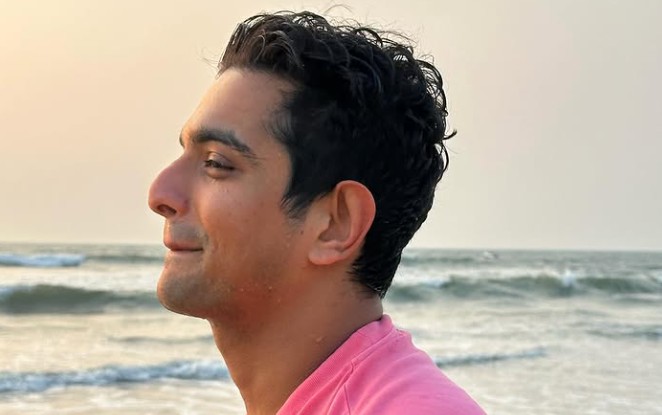February 12, 2025: A controversy surrounding podcaster Ranveer Allahbadia has escalated into a legal battle, as multiple police complaints and widespread public outrage continue to reverberate. The popular YouTuber, known for his channel ‘Beer Biceps,’ found himself under investigation after allegedly making lewd remarks during a guest appearance on the YouTube show ‘India’s Got Latent,’ hosted by comedian Samay Raina.
The comments, which have sparked outrage on social media, include a controversial question posed by Allahbadia to a contestant, asking if they would rather watch their parents engage in sexual activity every day or participate once and end it forever. The crude nature of the remark has led to criticism from multiple corners of society, including celebrities, lawmakers, and public figures, with many calling for stricter action.
Police Probe Deepens Over Ranveer Allahbadia’s Offensive Comments
As of February 10, Assam police filed a complaint against both Ranveer Allahbadia and Raina under Section 296 of the Bharatiya Nyaya Sanhita, 2023, for “obscene acts.” While the Mumbai police have yet to register an FIR, the controversy has ignited intense discussions on social media about the limits of free speech and accountability in digital spaces.
In addition to the Assam police’s involvement, the Maharashtra cyber cell has initiated a probe, and notices have been sent to over 30 individuals associated with the show. The National Commission for Women (NCW) has also expressed concern over the incident, calling the comments disrespectful and damaging to the dignity of individuals, especially women. The NCW has summoned Allahbadia and the show’s producers for questioning on February 17.
The matter has even reached the Indian Parliament, with Shiv Sena MP Naresh Mhaske demanding censorship on OTT platforms to curb such content. MP Priyanka Chaturvedi of the Shiv Sena (UBT) has expressed her intent to raise the issue in a parliamentary panel.
In response to the backlash, Ranveer Allahbadia issued a public apology, admitting that his comment was “inappropriate” and “not even funny.” He acknowledged a lapse in judgment and reiterated that comedy was not his forte. Despite the apology, Ranveer Allahbadia has lost around 50,000 followers on social media, with many criticizing his insensitive remarks.
However, a faction of society feels the outrage is selective. Some argue that authorities should prioritize real issues like crime control rather than pursuing legal action against an individual who has apologized. They claim that the public’s focus on this incident reflects an inconsistency in outrage, which overlooks more pressing concerns.
Apoorva Mukhija, a fellow influencer who also came under fire for her remarks on the show, visited the Khar police station to record her statement. As the investigation intensifies, the public debate about freedom of expression, accountability, and selective outrage is expected to continue.
As this case unfolds, it highlights the ever-evolving intersection of law, social media influence, and the digital space’s impact on public discourse. While Ranveer Allahbadia faces the consequences of his remarks, the broader conversation surrounding responsibility and accountability in digital content is just beginning.

